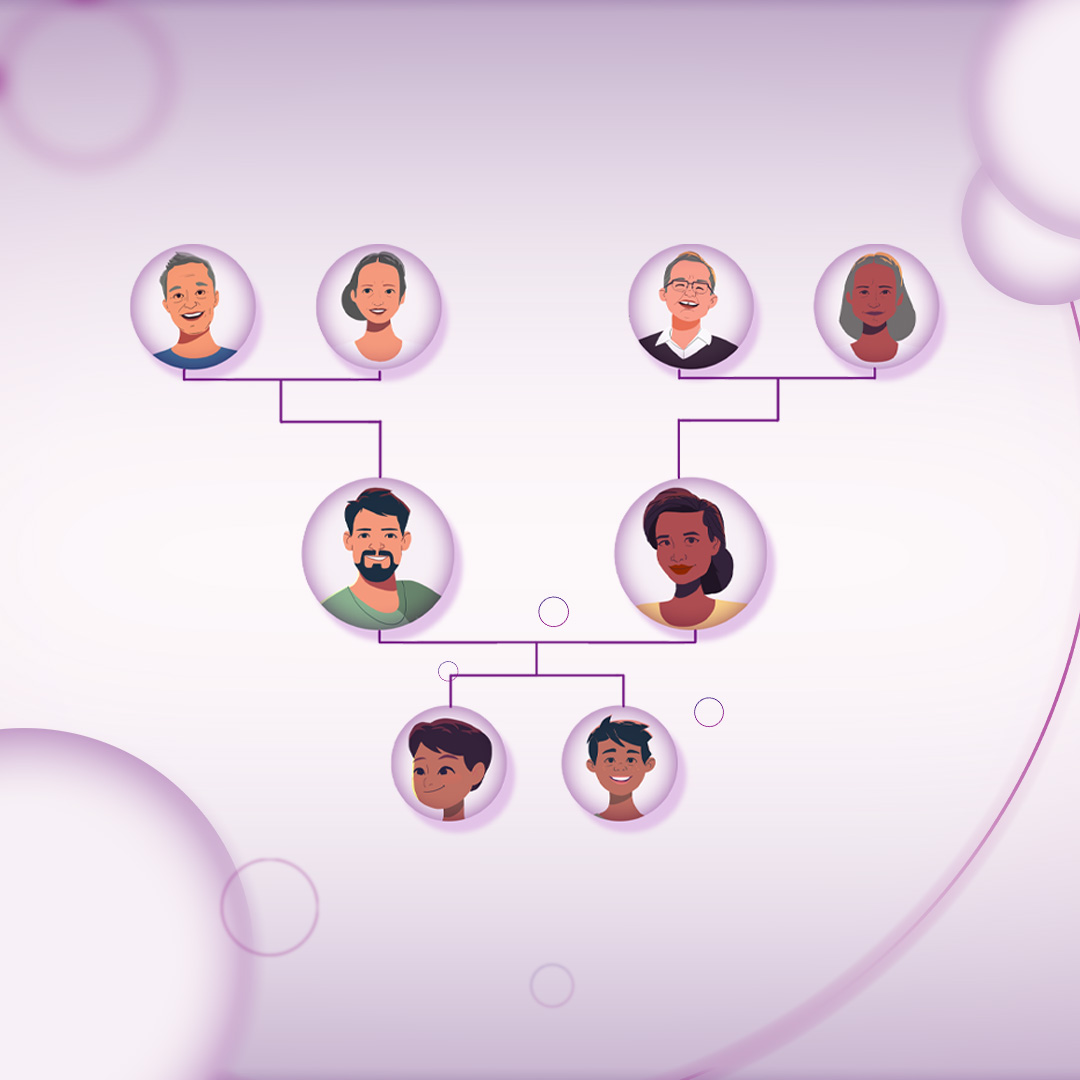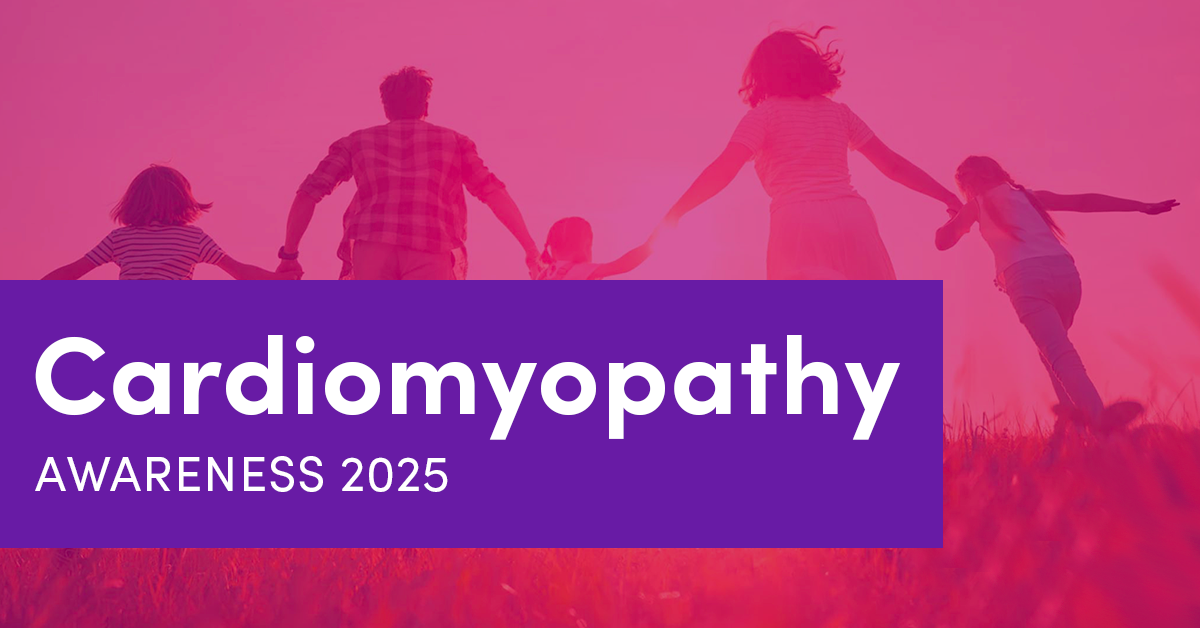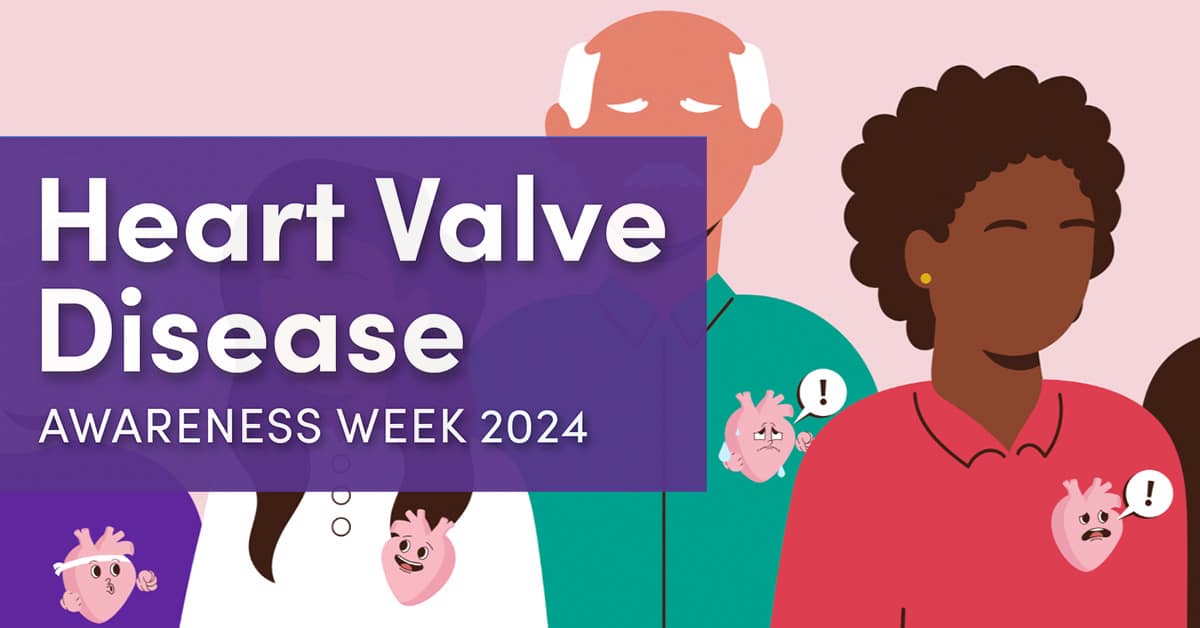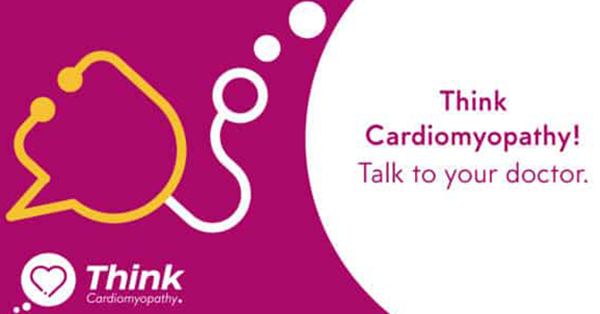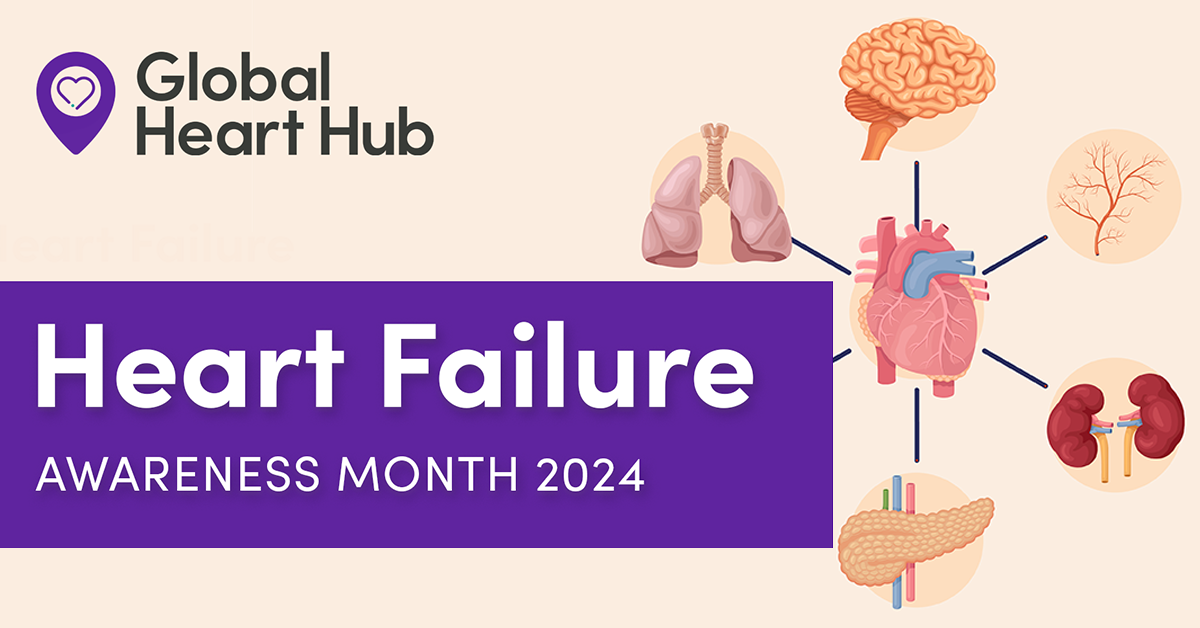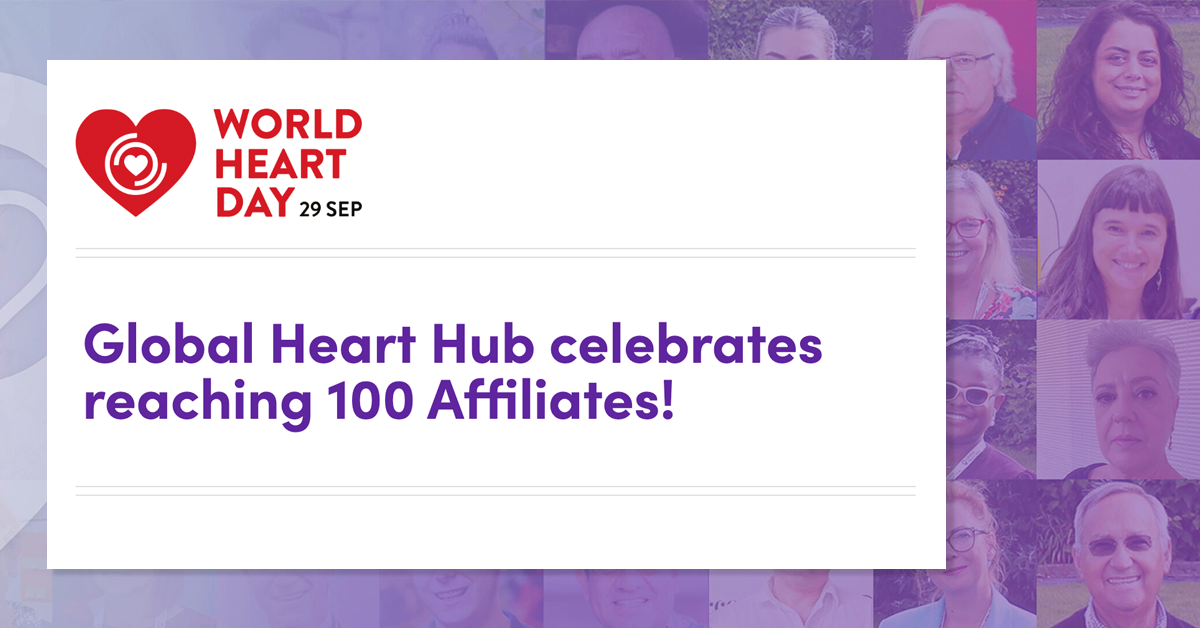Cardiomyopathy Awareness Week
June 20 – 26, 2022 #GetToTheHeartOfIt
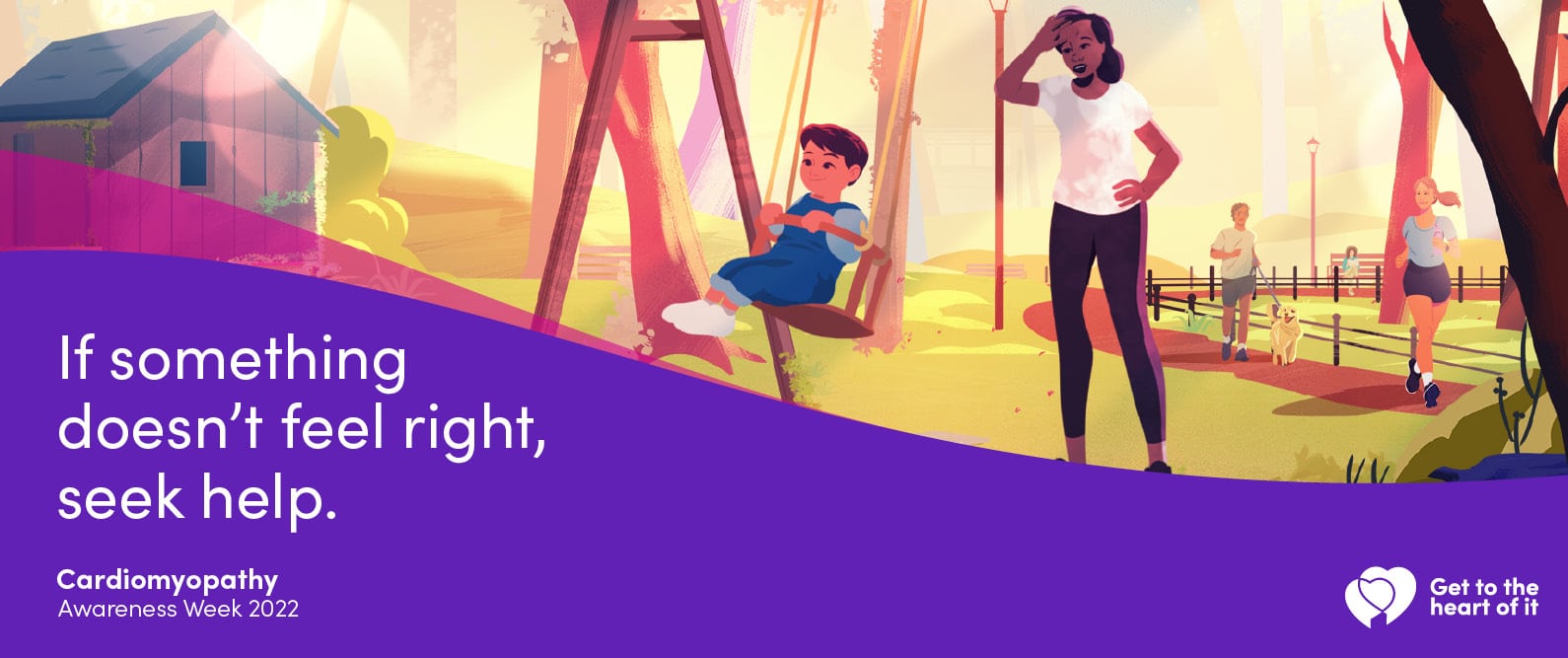
The 2022 inaugural Global Heart Hub Cardiomyopathy Awareness Week Campaign aims to improve awareness, diagnosis and management of cardiomyopathy.
Spanish
Italian
German
Dutch
Cardiomyopathy is a family of diseases that affect the heart muscle and its ability to pump blood through the body. It’s a serious condition, but uncommon and can be managed. Cardiomyopathy can affect anyone of any age or race. It is not well known – it’s often misdiagnosed or undetected, so it’s important to know what to look out for. In some people it can be life-threatening.
Getting diagnosed early can give you the protection you need to live safely with your condition and minimise the risk of sudden cardiac death.
Speak to your doctor if you’re feeling exhausted, out of breath, dizzy or have palpitations, chest pain, or swelling in the ankles, feet, legs or abdomen; and tell your doctor about your family’s history of heart disease or sudden unexplained death, because cardiomyopathy often runs in families and it’s important to protect loved ones who may not have any symptoms.
If you think that something is not right, seek help and get to the heart of it.
Dilated cardiomyopathy (DCM)
Hypertrophic cardiomyopathy (HCM)
Arrhythmogenic cardiomyopathy (ACM)
Get Involved
To join the campaign or for more information, please email info@globalhearthub.org.
Campaign Partners
The awareness campaign is led by the Cardiomyopathy Patient Council of the Global Heart Hub. The Cardiomyopathy Patient Council was formed in November 2021 and brings together patient organisations across the world to increase awareness and understanding of cardiomyopathy. The Patient Council advocates for improved diagnosis of the condition, access to appropriate testing, counselling and treatments. In addition, the Council aims to raise awareness and improve understanding of the disease, with a view to enabling people to live well with the condition.

Supported by




